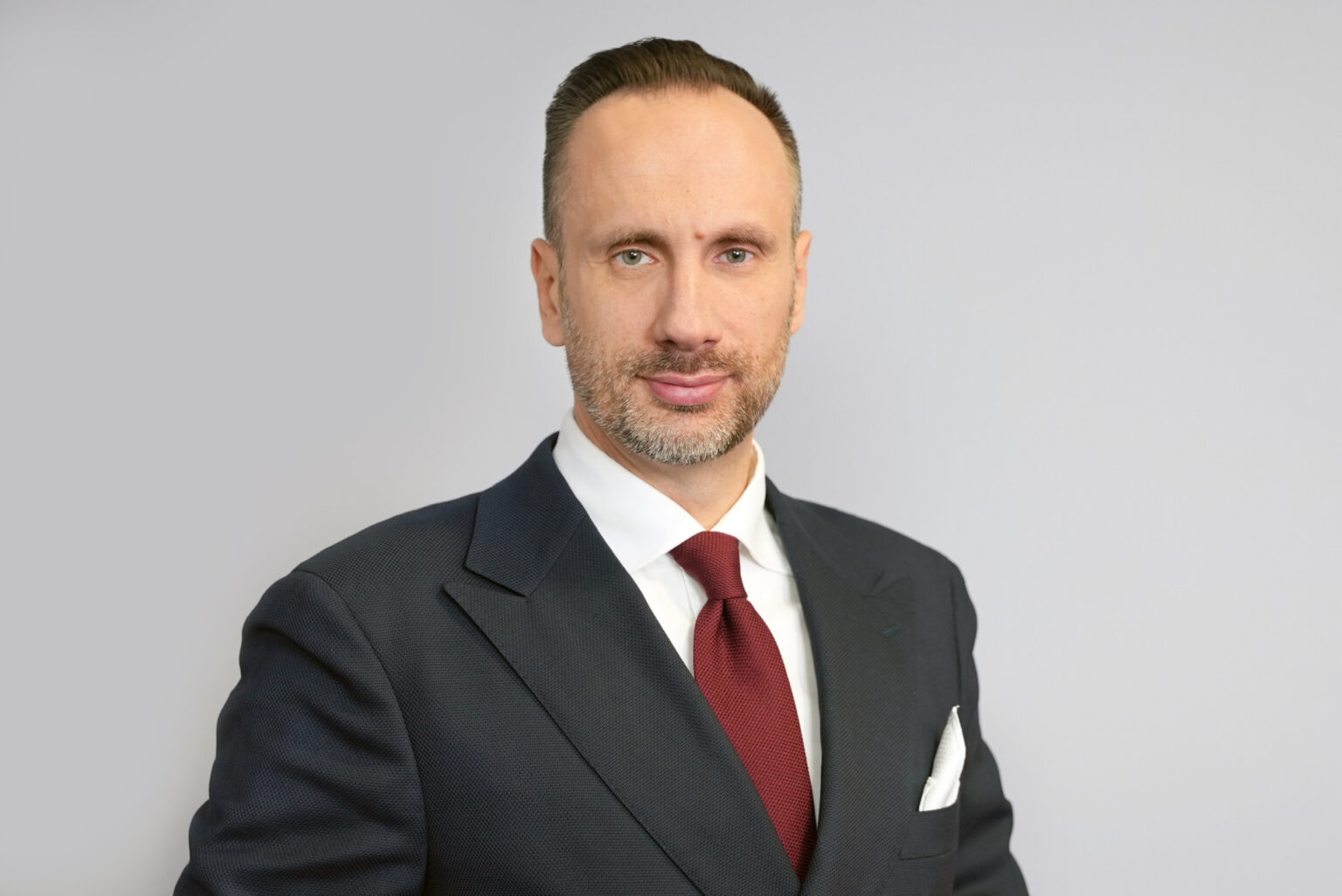Without Złoczew, Poland will face an energy crisis, won’t be able to produce electricity on its own territory and will have to import power – warns Deputy Minister of Agriculture Janusz Kowalski in an interview with BiznesAlert.pl.
BiznesAlert.pl: Why does United Poland support the construction of a new open pit mine in Złoczew?
Janusz Kowalski: The Złoczew open pit is necessary for the Bełchatów Power Plant to stop the energy crisis in Poland that will arrive at the end of this decade. Only the construction of the Złoczew mine will ensure the further use of the Bełchatów Power Plant, which today produces 1/5 of the electricity in Poland, in the perspective up to 2050. If no money is put in Złoczew, early in the next decade, in about 10 years, the Bełchatów Power Plant will be put out of work. Zbigniew Ziobro’s United Poland defends Polish coal and the production of cheap electricity for millions of Poles from domestic lignite and hard coal resources.
What is the economic and regulatory rationale for Złoczew?
Bełchatów produces the cheapest electricity in Poland. Unfortunately, the consequence of the anti-social policy of the European Union under the banner of the Green Deal and Fit for 55 is the artificial taxation of electricity produced in Poland as it is necessary to buy CO2 emissions, which cost over EUR 100 per 1 ton of CO2. In 2023 alone, Poland’s largest electricity producer PGE will pay PLN 25 billion for speculative CO2 allowances. This is the result of the disastrous EU decisions taken at the EU summits in 2019-2020. This CO2 cost is paid by Poles and the Polish economy. In 2023 Poland will lose even as much as PLN 40 billion due to the allowance deficit in CO2 allowances. In 2022, Poland lost about PLN 33 billion due to the EU ETS. Poland is thus being plundered by Brussels, which wants to shut down Poland’s energy-intensive industry and make the Polish economy lose its competitive edge against Germany’s. The economic rationale for Złoczew is obvious: the most expensive electricity is the one that is missing. Without Złoczew, Poland faces an energy crisis, ceases to be able to produce electricity on its own territory and will have to import power. Do we really want this to please the Eurocrats in Brussels?
Will the United Poland have a separate opinion on the energy strategy, i.e. the Energy Policy of Poland until 2040 (PEP2040)?
In 2021, the constitutional ministers of United Poland Zbigniew Ziobro and Michał Wójcik voted against the PEP 2040 drafted by Climate Minister Michał Kurtyka, who fought against Polish coal and switched Poland to natural gas. Back then I lost my position in the Ministry of State Assets for warning about the lack of reform of the EU Emissions Trading System and defending the interests of lignite. And unfortunately, it quickly turned out that it was United Poland that was 100 percent right in assessing the energy policy, and I assure you that today it is also United Poland that is 100 percent right in defending Polish coal, so that Poles can have cheap energy and heat. In my opinion, United Poland will not support the PEP2040 update without a clear guarantee of a quick launch of investments in hard and lignite coal mining. We are fighting for Poland’s energy sovereignty.
The pressure exerted by the United Poland and trade unions makes sense. After Minister Zbigniew Ziobro and me had a conference with trade unions in Bełchatów on March 13, 2023 and we made the United Poland’s position on Złoczew clear, the PEP2040 update has already been dropped twice from the government’s agenda and, fortunately, a dialogue has begun with the social side and the trade unions behind which we stand. On March 23, thanks to this determination, Climate Minister Anna Moskwa declared that the investment in Złoczew would be re-examined. This is a step in the right direction, but we need concrete decisions and the inclusion of Złoczew and Silesian investments in hard coal in PEP2040, which Zbigniew Ziobro formally seeks in the government.
According to United Poland, the best model of energy transformation is one in which Polish lignite and hard coal are the transitional fuels, and the energy transformation is beneficial for Poles, and not for developers of wind and photovoltaic farms.
What is United Poland’s dream energy strategy until 2040 like?
It is in line with the Polish interest, not the interest of the Eurocrats or Berlin. We do not agree to continue this harmful rewriting of EU’s climate policy. Copying the German model and basing energy security on oversized investments in unstable wind or photovoltaic renewables and investments in imported natural gas is a fatal direction, which results in ever higher electricity and heating bills. United Poland supports investments in Polish coal and Polish biomass, which was also not taken seriously in PEP2040. Biomass is the number one renewable fuel in the EU. Polish coal and Polish biomass for the benefit of Polish individual farmers-this is a reasonable energy strategy for Poland guaranteeing low energy prices. In the case of biomass, we speak with one voice with climate minister Anna Moskwa, who actively supports, for which I am grateful, the draft law on agricultural biogas plants prepared in the Ministry of Agriculture and Rural Development. It is worth listening to those who were and are right, and for many years the United Poland’s diagnosis of the energy policy has been the most accurate.
Interview by Wojciech Jakóbik









